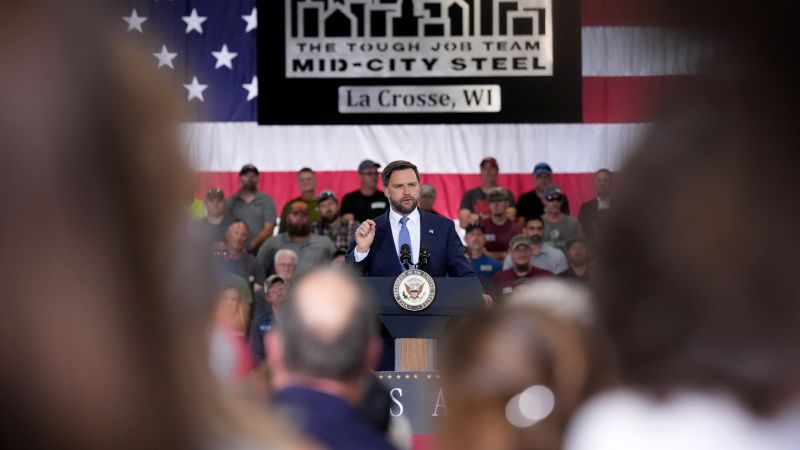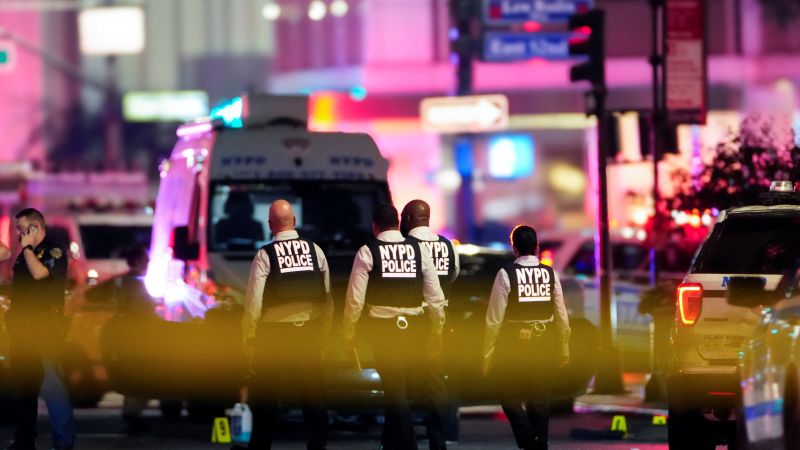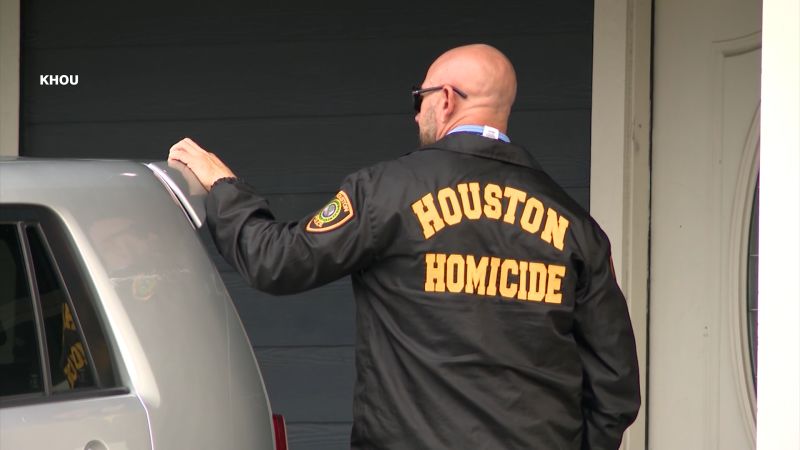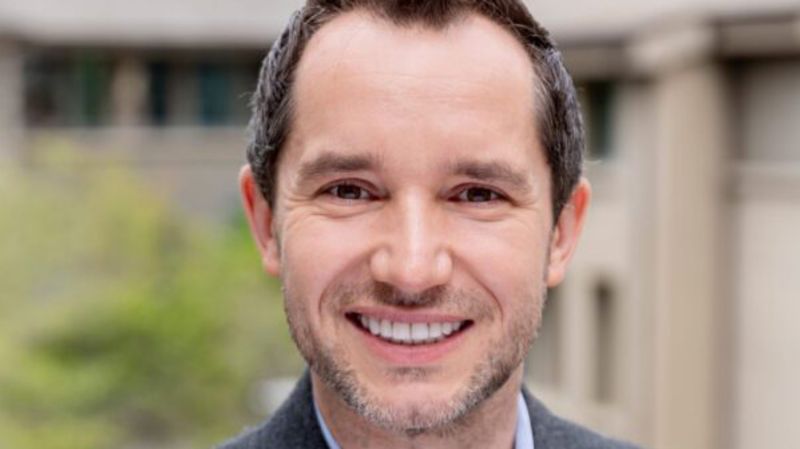
The Debate Over 'Thoughts and Prayers' in Response to Tragedy
Opinion | 8/29/2025
JD Vance, a prominent figure within conservative circles, has entered the ongoing debate surrounding the efficacy of offering “thoughts and prayers” in response to mass shootings. This discussion has long been a point of contention between Democrats and Republicans, with Democrats frequently criticizing the phrase as a hollow gesture that fails to address the need for concrete actions, particularly in the realm of gun control.
The issue of offering “thoughts and prayers” in the aftermath of tragedies has been a recurrent theme in American politics. While some view it as a genuine expression of sympathy and support, others argue that it serves as a convenient way to avoid tackling more complex and contentious policy issues, such as gun violence prevention measures.
Vance’s involvement in this debate reflects a broader ideological divide in the United States, where differing perspectives on the role of government, individual rights, and societal responsibilities shape policy discussions. The former Republican Senate candidate’s stance on this issue aligns with a traditional conservative viewpoint that emphasizes personal responsibility and limited government intervention.
Critics of the “thoughts and prayers” response often point to the need for concrete legislative action to address the root causes of gun violence, such as loopholes in background check systems and access to firearms. They argue that relying solely on expressions of sympathy without tangible policy changes is insufficient in preventing future tragedies.
As the debate continues, it underscores the complex interplay between individual beliefs, political ideologies, and policy priorities in shaping responses to societal challenges. While “thoughts and prayers” remain a deeply ingrained aspect of American discourse in times of crisis, the extent to which they translate into meaningful action remains a subject of ongoing debate among policymakers and the public alike.


